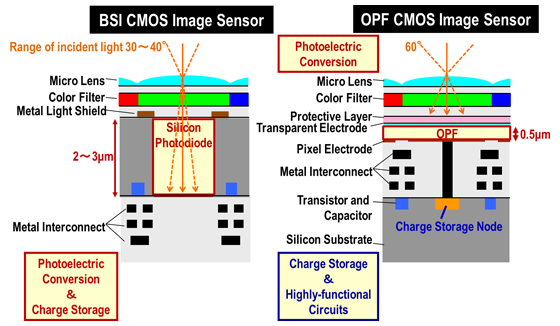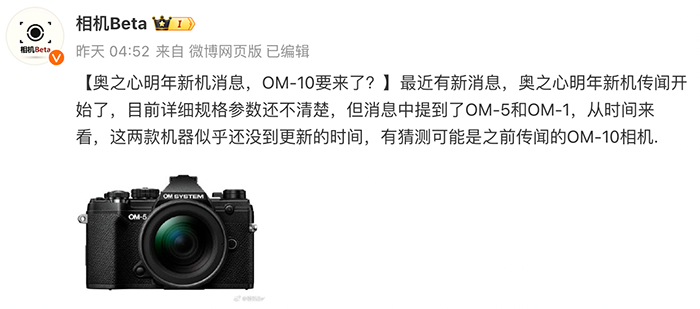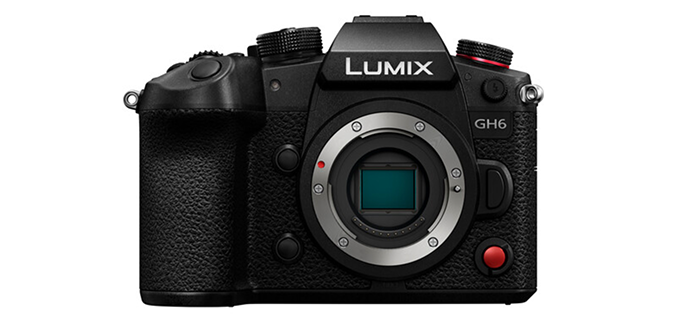Panasonic exits chipmaking with sale to Taiwan player

Panasonic sold their 49% share in the TowerJazz joint venture. It means i will no more play any part image sensor production. I don’t think it means the end of their organic sensor development. Probably TowerJazz or Sony or Samyang will produce those future sensors for them.
Reuters reports:
TOKYO, Nov 28 (Reuters) – Panasonic Corp said it would sell its loss-making semiconductor unit to Taiwan’s Nuvoton Technology Corp for $250 million as the Japanese electronics giant struggles to lift its profit amid a lack of growth drivers.
The sale is part of Panasonic’s plans to cut fixed costs by 100 billion yen ($920 million) by the year ending in March 2022 by consolidating production sites and overhauling loss-making businesses.
Panasonic has already divested most of its chip business as it lost to more nimble Korean and Taiwanese rivals, and has shut down or shifted its manufacturing facilities to its joint venture (JV) with Israel’s Tower Semiconductor.
Its semiconductor unit currently focuses on designing power-management chips and sensors for smartphones, cars and security cameras. It sold part of the power management chip business to Japan’s Rohm Co this month.
The latest deal includes the sale of the entire JV, which is owned 51% by Tower and 49% by the Panasonic chip unit. The JV operates three Japanese chipmaking facilities.
Panasonic said the sale will not have any significant impact on its earnings. The value of the deal that Panasonic has announced excludes the amount Nuvoton would pay for Tower Semiconductor’s stake in the joint venture.
Nuvoton said in a statement the all-cash transaction was expected to close by June 2020, and would “increase Nuvoton’s presence in the global semiconductor industry through greater scale and volume of semiconductor solutions”.
Nuvoton, which was spun off from Winbond Electronics Corp in 2008, supplies chips for electronic devices including computers and audio products.
Panasonic has turned its focus away from low-margin consumer electronics and bet on businesses that sell to automakers, as well as to corporations such as factory-owners and firms that automate processes.
But the shift has failed to lift profit at a time when the U.S.-China trade war has hit industrial purchases and output, and the global car market is contracting. (Reporting by Makiko Yamazaki in Tokyo; Additional reporting by Ben Blanchard in Taipei, Neha Malara in Bengaluru; Editing by Himani Sarkar)


